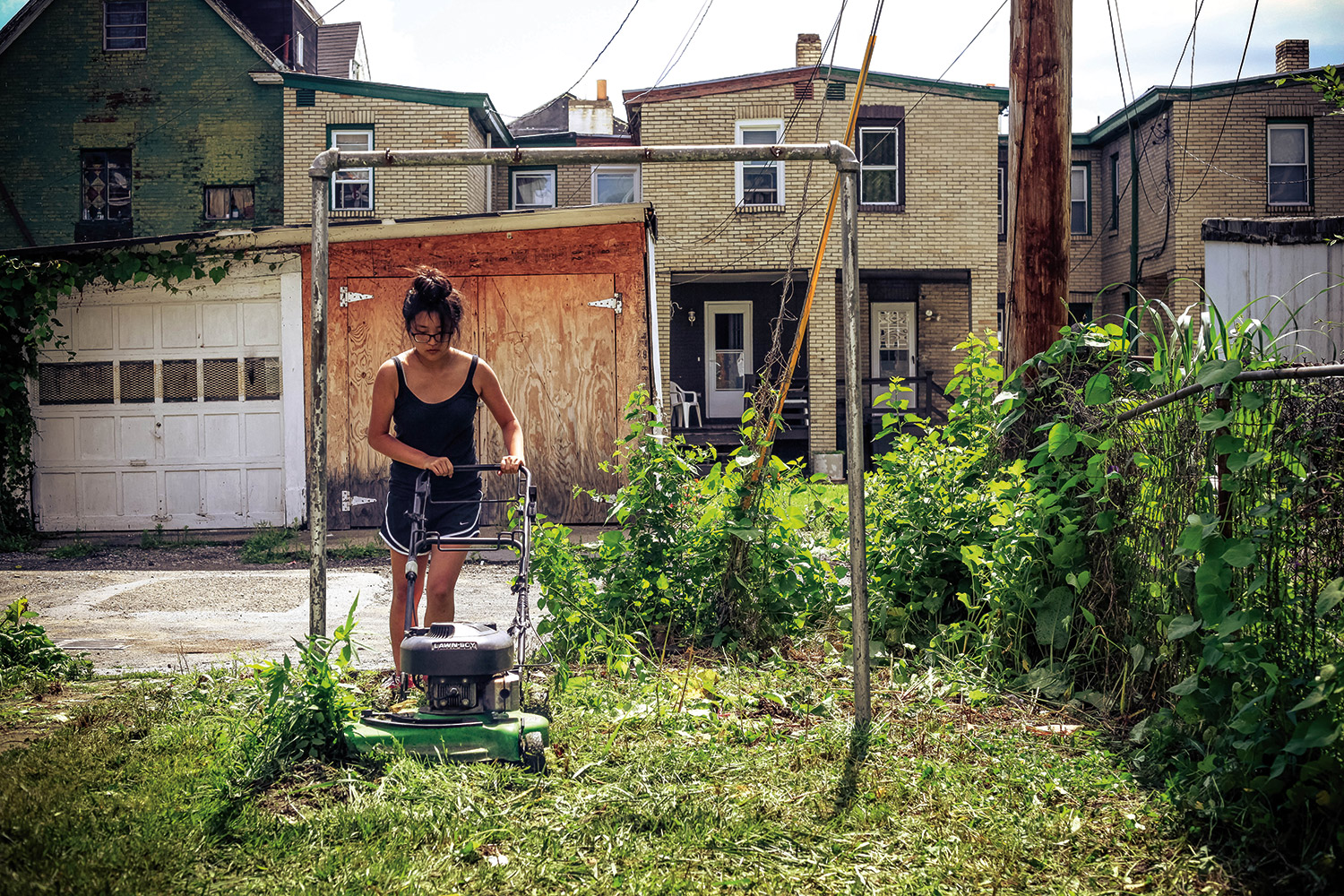“How can I do mission work faithfully?”
A youth pastor asked me this question recently—it had really begun to bother him. So much has been written about the complexity of Christian mission work and the pitfalls with various approaches that he had started to get frustrated. He wanted to obey the Christian command to love the neighbor, and the great commission, but was starting to wonder how to do both faithfully.
There are lots of people and organizations who teach and write about this. Our own World Mission Initiative does a tremendous job helping people think through various approaches to mission work. There are also bloggers doing a good job asking these questions. I’ve come to appreciate some of the insights from the self-proclaimed “very worst missionary,” who highlights some of the complexity with different models of mission work.
With the Miller Summer Youth Institute, we’ve started thinking about our mission component in several ways that may be of help for your own youth ministry. Here are a few words to describe the way we try to structure our mission work.
1. Systems-focused At SYI we also spend time not only addressing the needs of a community, but also learning about what systems have intentionally or unintentionally contributed to those issues.
We work closely with John Creasy at the Garfield Farm to help provide food to a community, and also to learn about the systems that have contributed to hunger and to explore ways to address those systems. John is also the pastor of a nearby church, The Open Door and helps us see the impact of his congregation on the neighborhood.
2. Interconnected Not only do we work with the Garfield Farm, but we also frequently worship at Valley View Church to connect with the members who live and work in the neighborhood. The pastor, Chad Collins, is always gracious when it comes to helping us see what is happening in the church and neighborhood.
3. Long-term Though students at our summer program only take part in the hands-on work over their time with us, the organizations we partner with take time to show them the long- term impact of the partnership with SYI. When students come back for a reunion two years after their summer program, they hear about the amazing subsequent developments. Mike Stanton at Open Hand Ministries does a great job showing us the long- term impact of home ownership and the economic issues at work in the neighborhood.
4. Integral The mission work we do is not confined to a few hours on a weekend. Through our hands on work, seminars with the organizations, and worship at the local churches, we weave the mission focus of SYI into the fabric of the program itself. On Sundays, we will also worship at East Liberty or Eastminster Presbyterian Church, both of which support Open Hand and the Garfield Farm. Mission work isn’t an event within SYI, it’s an inseparable component of the program.
As you think about the mission work that your youth group does, consider ways to make it systems-focused, interconnected, long-term, and integral to the overall ministry. It won’t look like it does at SYI, or at the church down the street. That’s okay. Focus on building the right ministry for your own situation in your church or community.
How have you tried to be faithful in your own mission work? Let me know in the comments!
The Rev. Derek Davenport ’05/’17 is a PTS alumnus of the Master of Divinity (MDiv) Program and Master of Sacred Theology (ThM), between which he served at a church in Orlando, Fla., for five years. Derek also participated the Seminary’s Miller Summer Youth Institute. He serves as a preacher in Western Pennsylvania, researches church symbolism on his website, and tweets at @DerekRDavenport.

